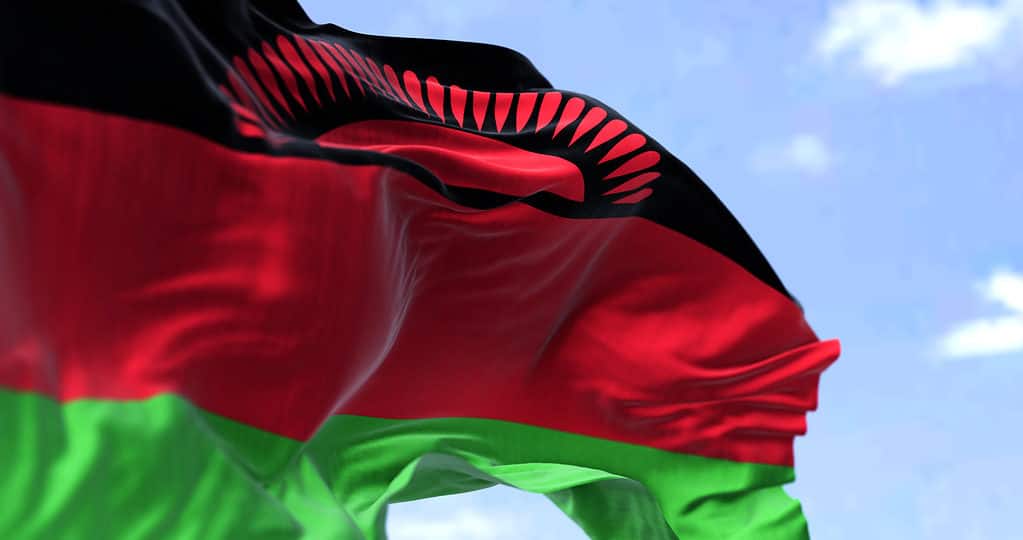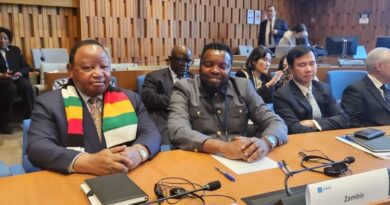Malawi Government to Provide Police Bodyguards for District Commissioners and CEOs
The Malawi government has announced plans to introduce security measures that include assigning police bodyguards to district commissioners (DCs) and municipality council and city chief executive officers (CEOs) as part of their security arrangements.
The revelation was made by the Local Government Minister, Richard Chimwendo Banda, during a quarterly coordination meeting held in Mzuzu City, which brought together councils from the Northern Region and some from the Central Region.
Minister Chimwendo Banda emphasized that DCs and CEOs play a pivotal role in overseeing development at the district level, making it essential to provide them with police officers for security purposes. He also stressed that the councils would be responsible for the logistics related to these security arrangements.
Addressing the gathered officials, Minister Chimwendo Banda stated, “You are people with authority. DCs drive the dream of the country’s development. You deserve police bodyguards for proper security because you represent the government at the district level.”
Currently, the cost of hiring one police officer is K20,000, with an additional K20,000 for hiring a firearm, resulting in a total daily or nightly expense of K40,000. This announcement has raised concerns, particularly as local councils have been grappling with financial challenges, going without government allocations for three months.
Malawi comprises 35 single-tier authorities, including 28 district councils, four city councils, two municipal councils, and one town council. According to Hadrod Mkandawire, the Executive Director of the Malawi Local Government Association, the Treasury has not provided Other Recurrent Transactions and General Resource Fund allocations to councils for three months.
While some have supported the government’s initiative to provide security for DCs and CEOs, others have expressed reservations. Willy Kambwandira, Executive Director of the Centre for Social Accountability and Transparency, described the move as illogical and economically impractical, given the current financial constraints faced by local councils.
Conversely, Hadrod Mkandawire defended the decision, citing international practice. He stated, “In other countries, DCs and mayors are so respected that they are provided with police bodyguards. This is because they have more power at councils. In short, they are the eyes of the government.”
Mkandawire further argued that the police bodyguard initiative should extend to mayors in cities, emphasizing their significant leadership roles in district and city councils. He highlighted that foreign presidents often pay courtesy visits to city mayors when visiting cities in recognition of their crucial positions.
As discussions and debates continue around this security proposal, Malawi’s government faces the challenge of balancing security needs with the financial realities of its local councils.



